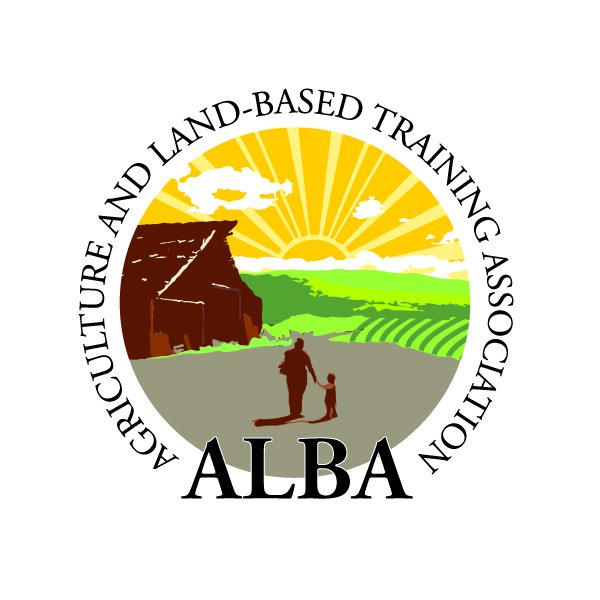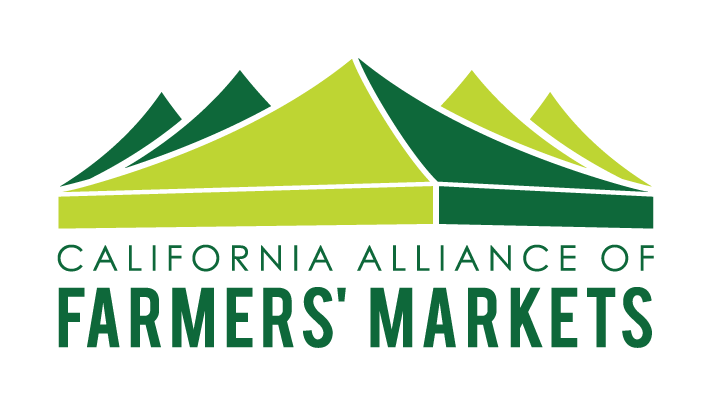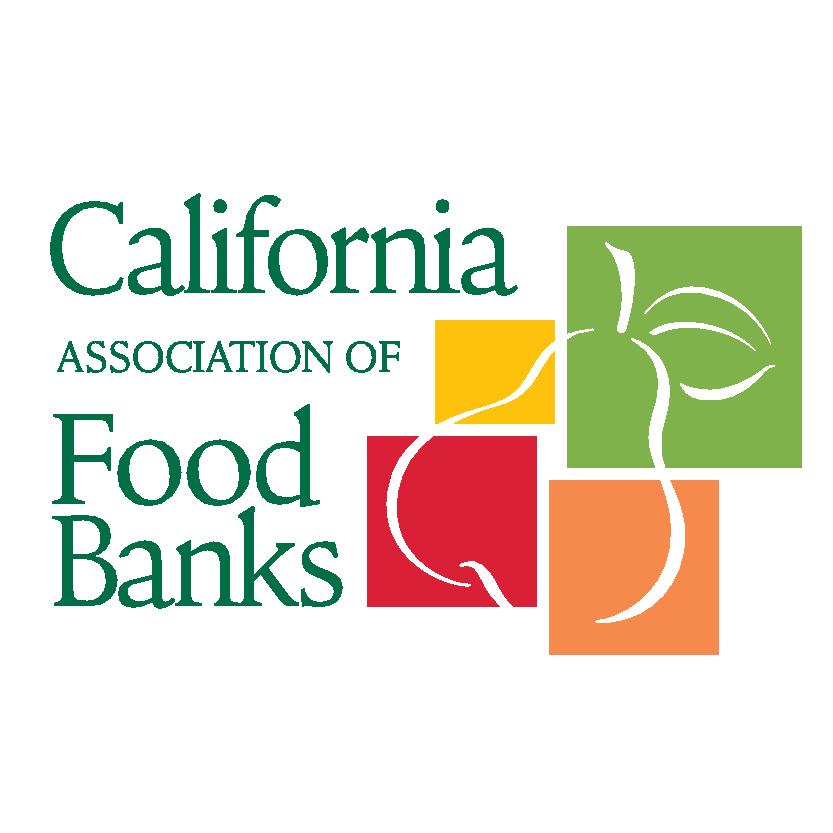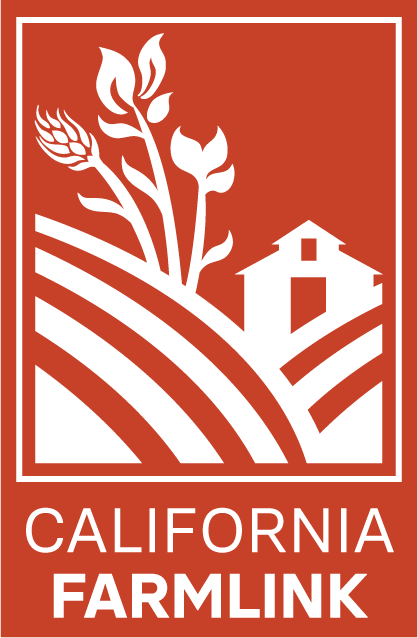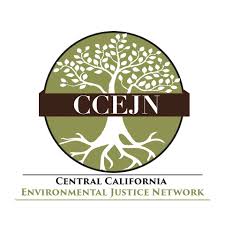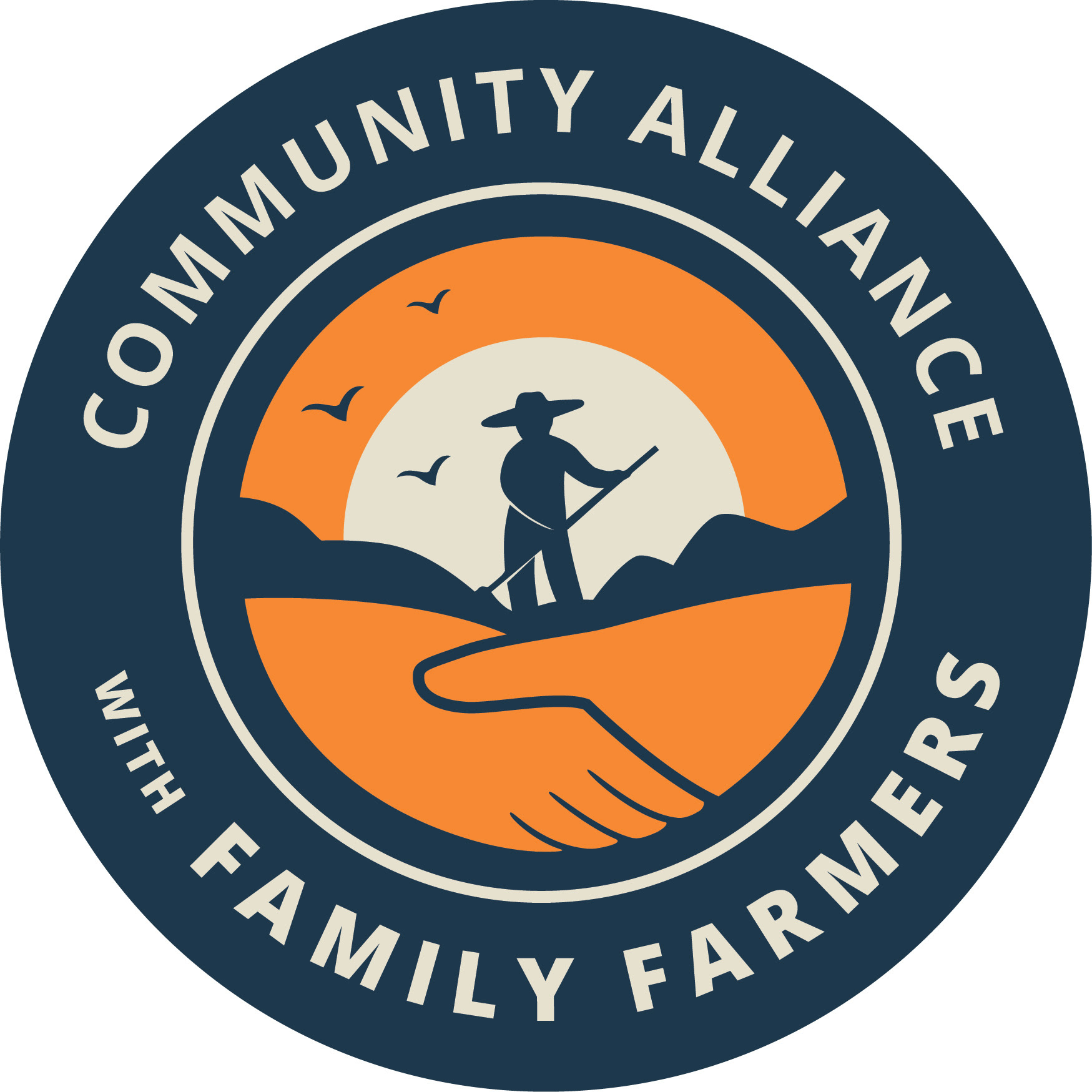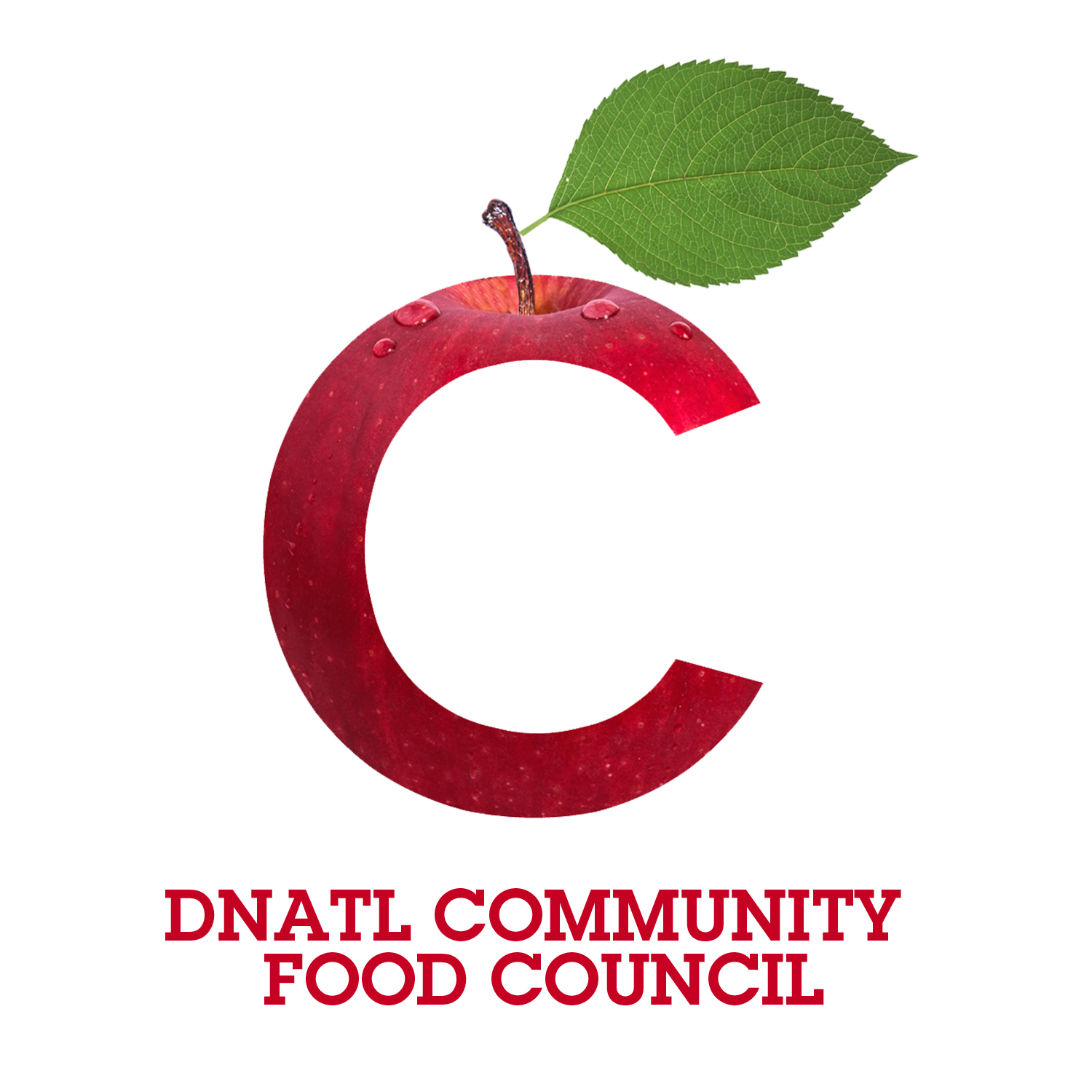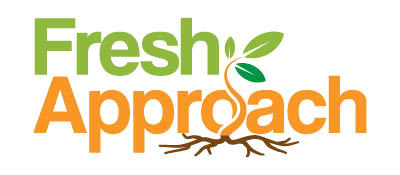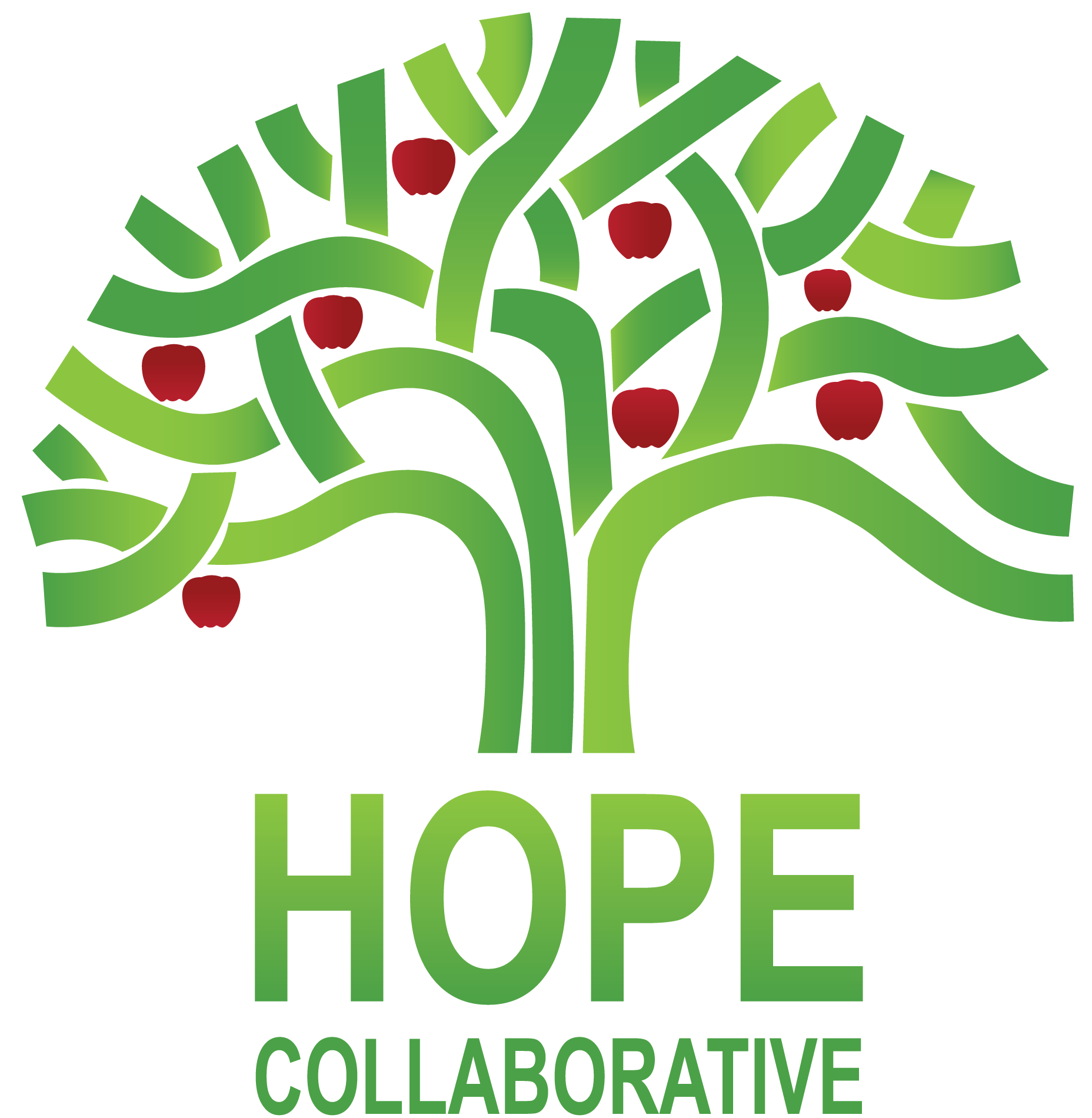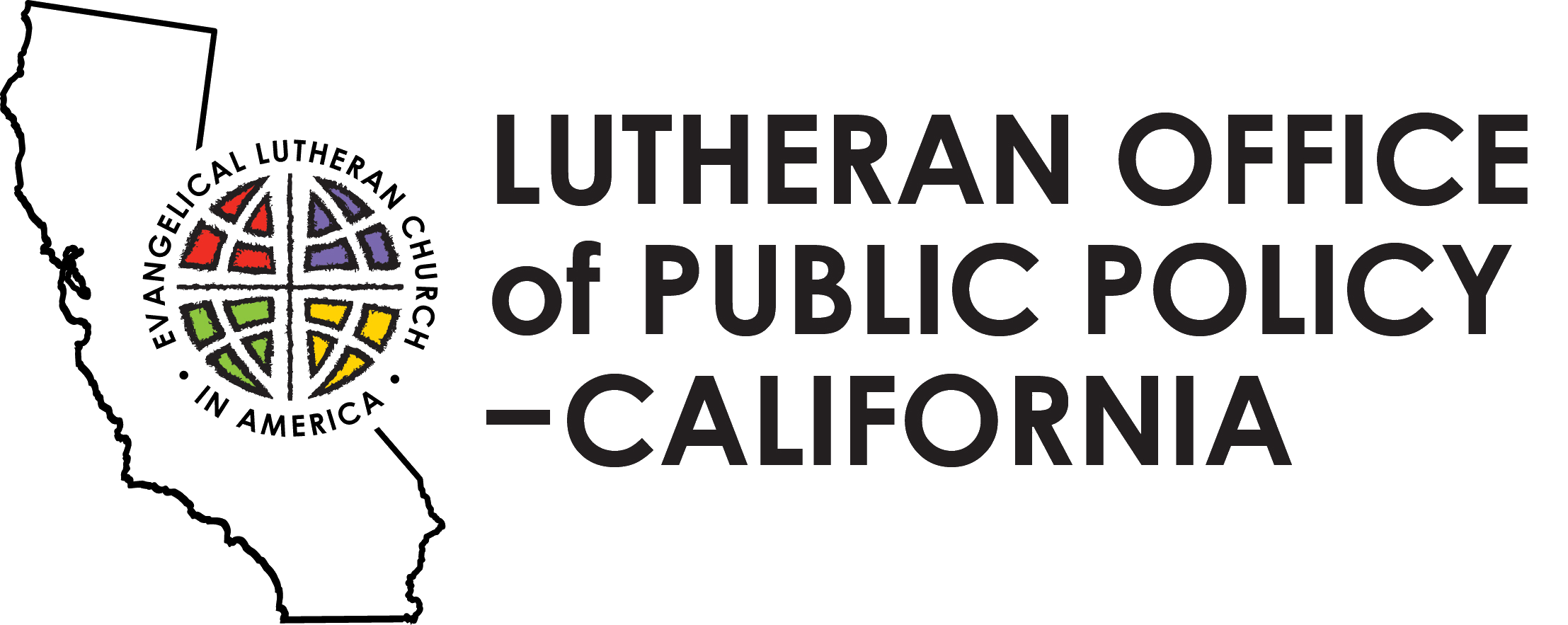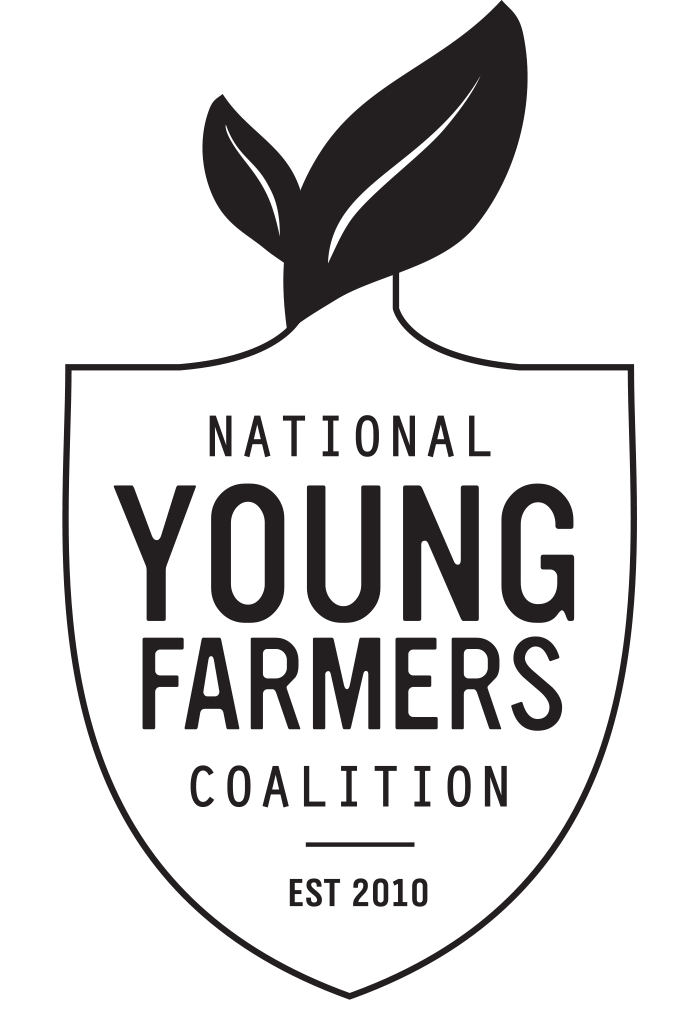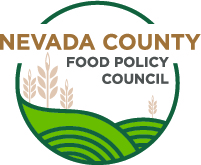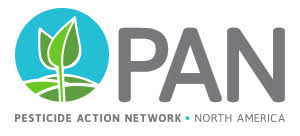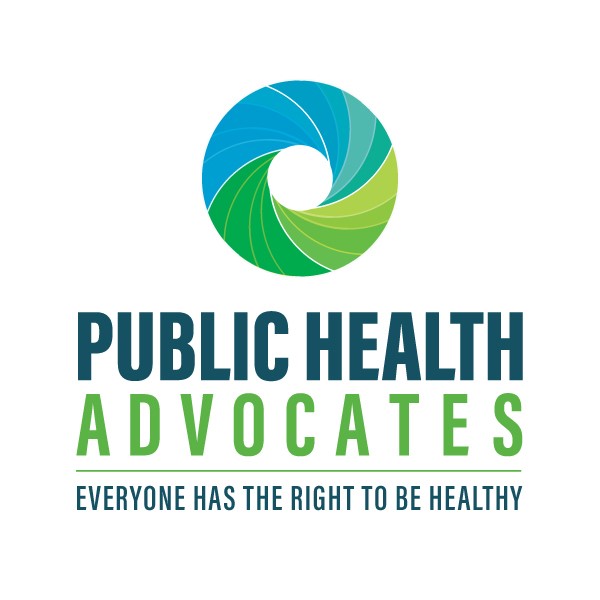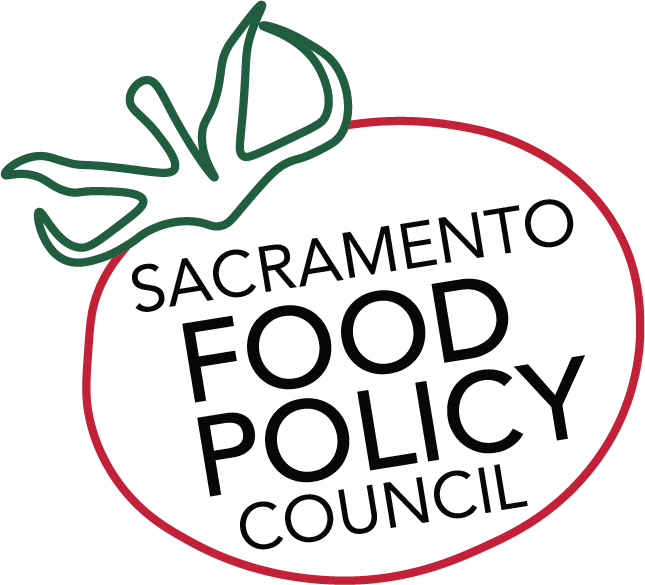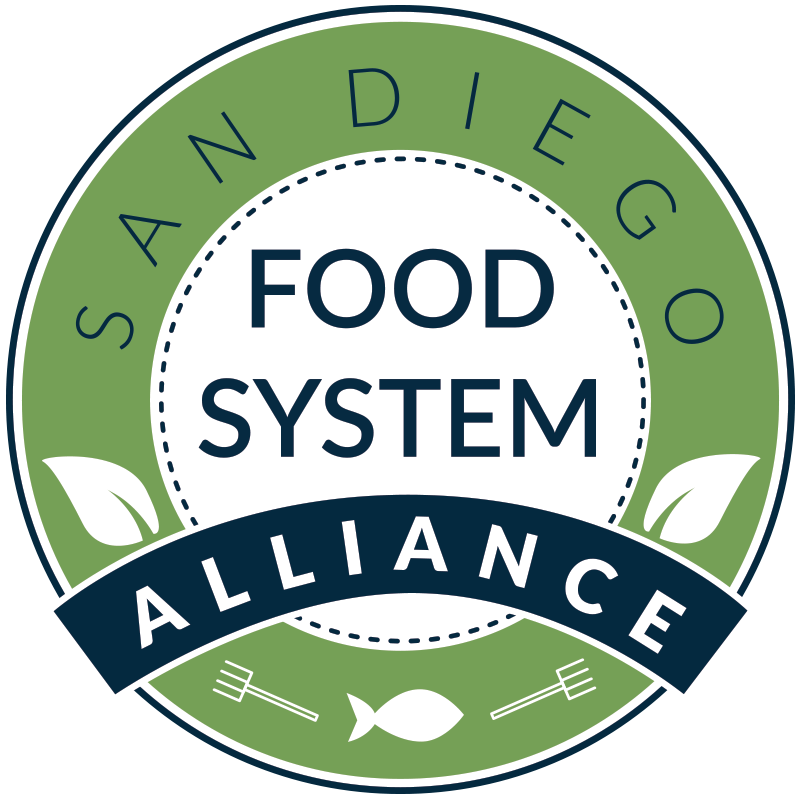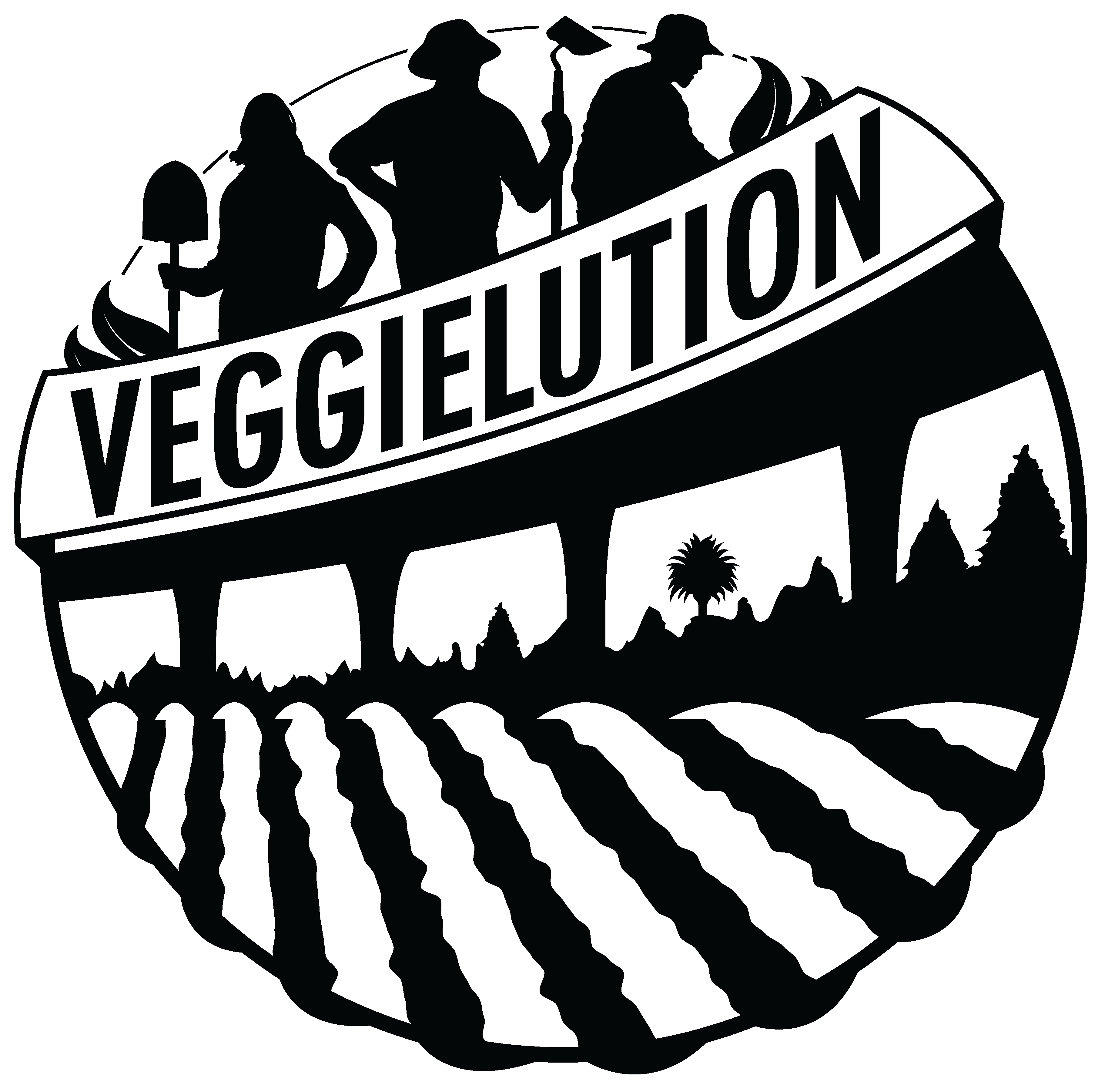By Alexa Marin Benavente, CFFN Policy Fellow
In March of this year, the California Farmworker Advocacy Working Group set their Legislative Priorities–9 State bills that would benefit the 500,000 farmworkers that labor in California’s agricultural fields. The Working Group, which includes labor, environmental justice, Latinx health and Indigenous farmworker community-based organizations, advocates, and researchers, selected bills that will strengthen the social safety net available to vulnerable workers, particularly those that are undocumented. These bills also reinforce worker rights and enforcement of workplace protections, support better data collection about the State’s Indigenous Mesomaerican-language speakers, and make significant state investments that benefit farmworkers, particularly on housing.
Three months later, we are reflecting midway through the legislative year on the successes–and some disappointments–so far. While all of the bills we are supporting have passed the first round of committees and floor votes in the State Assembly or Senate, there are a couple that are facing strong opposition, as we often see when bills stand up for the rights of workers and challenge the unchecked power of industry. In particular, historic campaigns that would provide workers with essential benefits are facing challenges. As we continue to firmly advocate for these legislative proposals, the next couple of weeks will be pivotal for the advancement of this joint effort. The following is a breakdown of our priority bills for this year.
SAFETY NET
Three of our priorities would expand important safety net programs to many farmworkers that currently are excluded from state benefits because more than half of California’s farmworkers are undocumented. These workers lack a safety net to fall back on so that they can stay home when conditions are dangerous, or have the cash assistance they need when work is low-wage, temporary or unstable.

SB 227 (Durazo) – Safety Net for All would, for the first time in Californian’s history, create an unemployment insurance program for excluded workers. This incredibly important policy would help to address the vulnerability that farmworkers face as they work on the frontlines of climate catastrophes and public health emergencies. While the Safety Net for All proposal was not funded in the Legislature’s budget, passed on June 15th, it did fund a working group to issue a report and make recommendations for how to implement the Excluded Workers Program and we are urging the Governor to support this step in the right direction while pushing to pass SB 227 in the Assembly.
*Update 6/27/23: We were disappointed to hear that the final budget agreement between the Governor and Legislature reached June 26th did not include the working group. However, we’ll continue to support the Safety Net for All Coalitions advocacy to see this proposal funded before the end of the legislative session.
SB 245 (Hurtado) / AB 311 (Santiago) – Food4All are two bills with the same content that support a critical movement to provide food assistance to all Californians, regardless of their immigration status. While the proposal has been funded for undocumented Californians 55+ beginning in Fall 2025, we are still fighting for people of all ages to be included in the State budget. For now, the Food4All Coalition, which we support, is putting both bills on hold to focus on next year’s campaign to expand Food4All to all without exceptions.
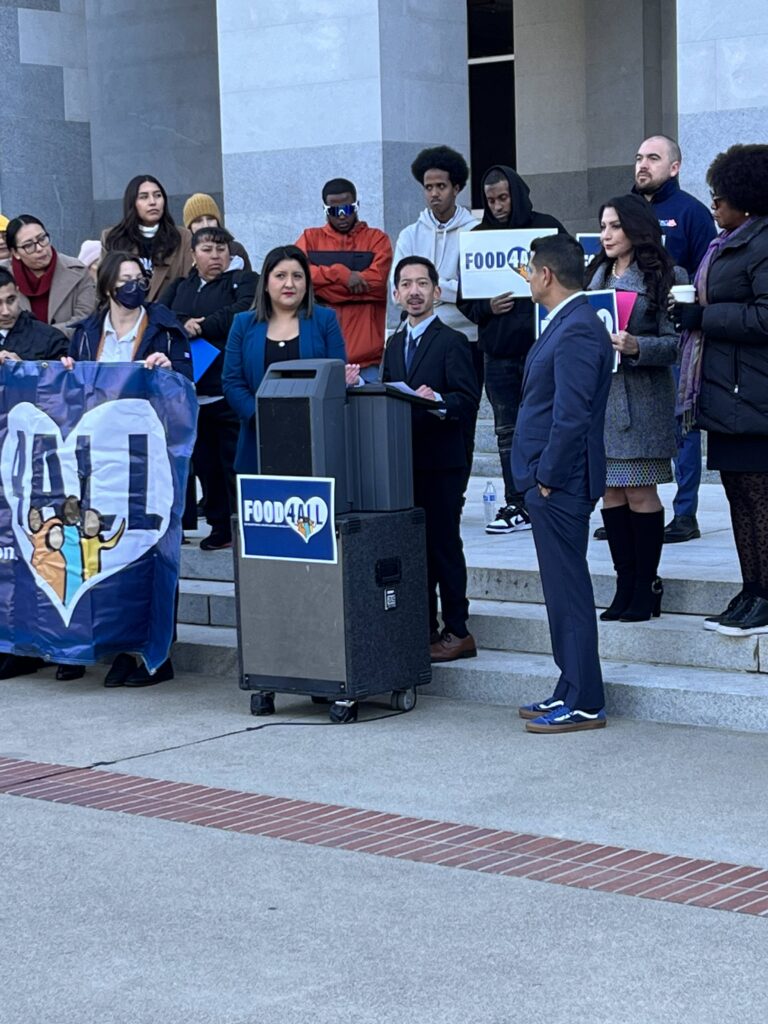
While both of these bills have faced challenges getting the State investments that undocumented Californians need, another bill–SB 616 (Gonzalez) – Sick Days, is withstanding strong opposition from employers and industry groups. The bill would increase the paid sick days an employer is obligated to provide their workers from three to seven. Currently, farmworkers have to choose between going to work sick or putting food on the table, while many high wage earners take for granted seven sick days as a minimum. The Safety Net for All Coalition, which we are part of, is continuing to push for this important bill, which would protect and support low-income workers and their families, while improving public health.
WORKERS RIGHTS
Protecting farmworkers’ rights is also on the legislative agenda this year with three bills aiming to provide protection in various ways. AB 652 (Lee) establishes the Department of Pesticide Regulation (DPR) Environmental Justice Advisory Committee, which allows farmworkers to have a voice in the state agency overseeing pesticide regulations. This measure will increase transparency and accountability for the agency tasked with addressing the grave environmental injustices in pesticide exposure. SB 497 (Smallwood-Cuevas), the Equal Pay and Anti-Retaliation Act, provides farmworkers with protection against retaliation for seeking equal pay or reporting wage disparities. SB 553 (Cortese), the Workplace Violence Prevention Protections, focuses on preventing workplace violence, including on farms and by coworkers or supervisors. By implementing measures to address and prevent violence and retaliation in the agricultural workplace, the bill enhances safety and security for farmworkers. Together, these bills work towards safeguarding the rights and well-being of farmworkers.
The rights of H-2A visa farmworkers are also a priority in this legislative year with AB 636 (Kalra)– Legal Rights Disclosure to H2A workers, which focuses on ensuring that these vulnerable guest workers are informed about their legal rights under California law. Providing them with clear and comprehensive information helps empower them to make informed decisions, assert their rights, and protect themselves from potential abuses.
LANGUAGE ACCESS
Another group of agricultural workers that are particularly vulnerable and often overlooked are Indigenous language speakers. SB 435 (Gonzalez), the Latinx and Indigenous Disparities Reduction Act, will take the first step in ensuring equitable resources and support from the State by requiring that State agencies collect and publish language and demographic data on Latinx subgroups, including Mesoamerican Indigenous language speakers.
STATE INVESTMENTS
Lastly, in a year of deep budget cuts, we’re continuing to support the allocation of resources to farmworker communities, who have been historically underinvested. AB 408 (Wilson) – The Food & Agriculture Climate Resilience Bond, includes $750 million in programs benefitting farmworker communities, ranging from personal protective equipment for farmworkers during wildfires and health emergencies, to farmworker resource centers, with the largest investment–$450 million–going to address the housing crisis facing farmworker families by investing in the Joe Serna Jr. Farmworker Housing Program.
As these bills move through the legislative process, we encourage allies to stand with farmworkers and their community based advocates to push these important bills over the finish line. While we’re optimistic, we also recognize the uphill battle that worker protections, safety net benefits for undocumented Californians, and essential investments and visibility face in a State where many are still willing to accept that the food system we rely on should be built on the backs of essential farmworkers. Our commitment to creating opportunities to make change for farmworkers’ through state policy and make their voices heard in Sacramento is as strong as ever.
If you would like to support the Working Group’s policy agenda and receive periodic Farmworker Ally updates from the Working Group, email bspitler@caff.org.

